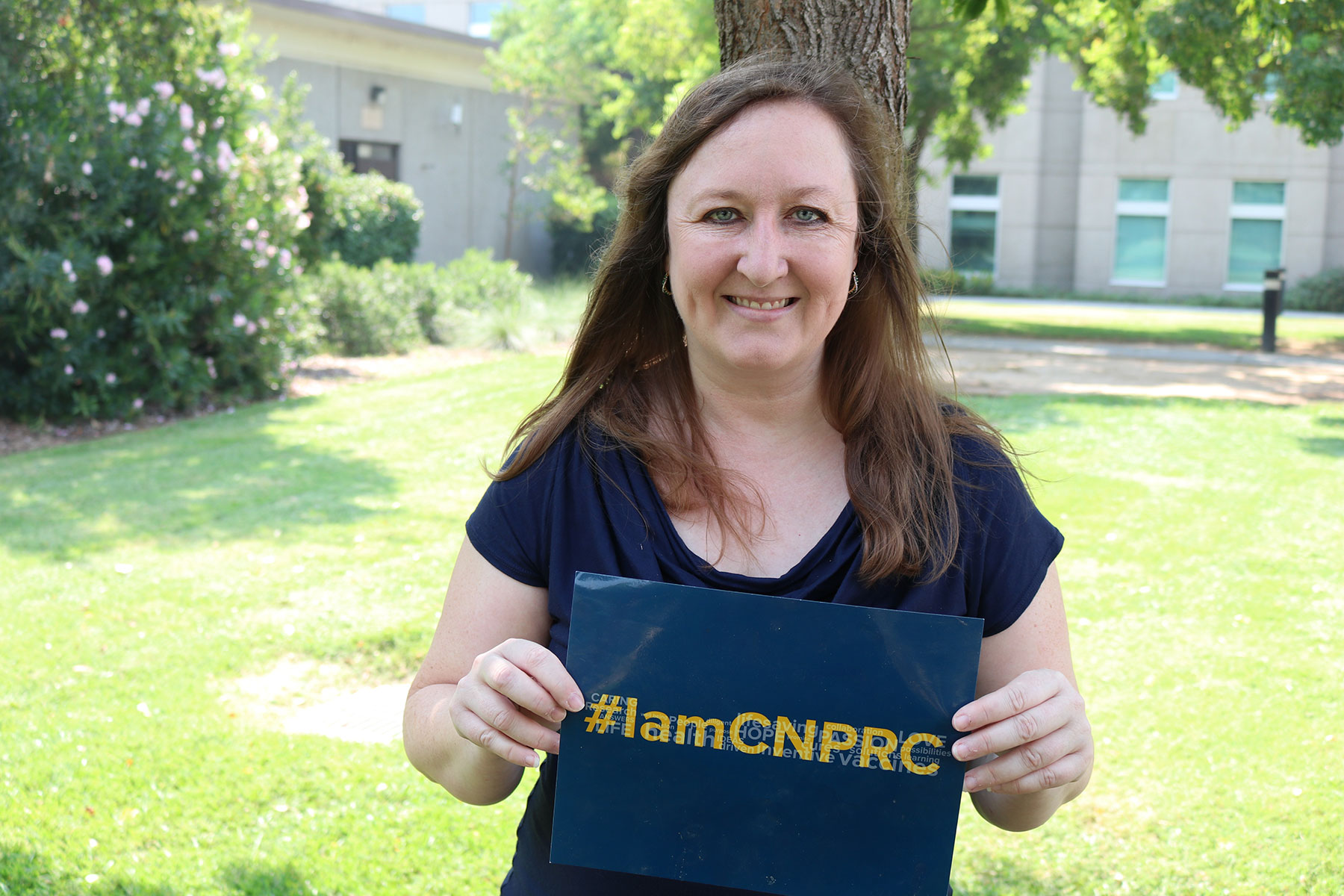
California National Primate Center (CNPRC) announced Professor Karen Bales as interim director, marking the first time a woman has held this position in the center’s history.
The previous director, Professor John Morrison, has stepped down after an eight-year tenure to assume the role of president-elect of the Society for Neuroscience. Morrison remains at the center as a Core Scientist overseeing his lab’s research on neurodegenerative diseases in nonhuman primates.
Previous Experience and Leadership
Bales has been affiliated UC Davis since 2004, in which time she has held various leadership roles. As a Core Scientist at the CNPRC, Bales has previously served as the Unit Leader for the Neuroscience and Behavior unit. Additionally, she held the position of Vice Chair for the Department of Psychology and has been actively involved in leadership roles within the Academic Senate at both university and system levels.
Her leadership extends to the national level, having served as the President of the American Society of Primatologists for two years and as Editor-In-Chief of the American Journal of Primatology for nearly eight years, during which she significantly increased the journal’s impact.
Areas of Research
A professor in both the Psychology and the Neurobiology, Physiology, and Behavior (NPB) Departments, Bales leads the Laboratory for Comparative Neurobiology of Monogamy, where she studies the physiology, neurobiology, and development of social bonding in three monogamous species: titi monkeys, prairie voles, and sea horses.
In her role as a lead researcher working with the CNPRC’s titi monkey colony, Bales has been awarded over $14 million by the NIH to study important questions about how oxytocin, opioids, and other neurohormones interact with social behavior. Her research in nonhuman primates provides valuable provides insights into questions about social bonds in humans.
For example, in addition to her new responsibilities as director, Bales’s laboratory is currently collecting data for a project targeting the role of the k opioid system in the ability of a partner to reduce the effects of an outside stressor. The project, supported by the National Institute of Mental Health (NIMH), demonstrates how nonhuman primates offer a closer examination of mechanisms behind the human experience.
Goals for the Center
Assuming the interim director position entails overseeing an NIH-funded institution with over 300 employees, staff, faculty, and trainees, as well as a colony of nearly 5000 non-human primates. Over the next six months, Bales aims to enhance community engagement, openness, and training opportunities at the CNPRC, while also strengthening connections with the main UC Davis campus.
Written by Logan Savidge
